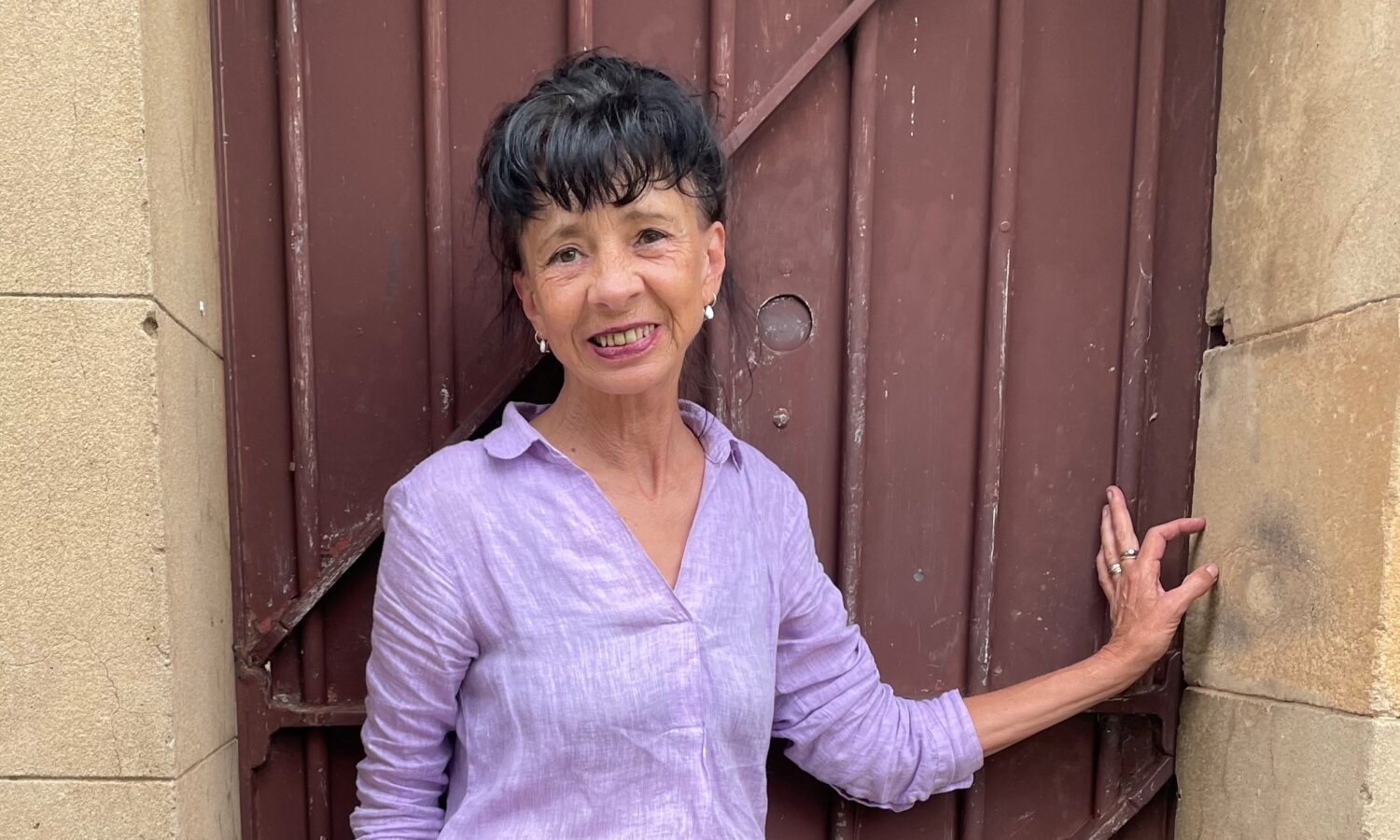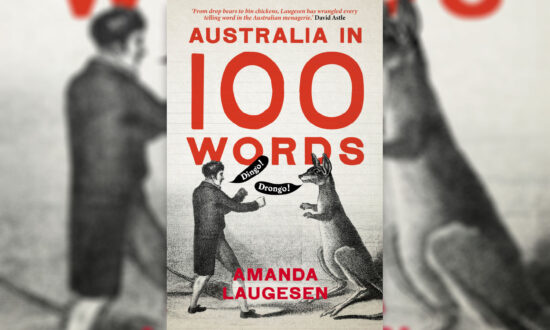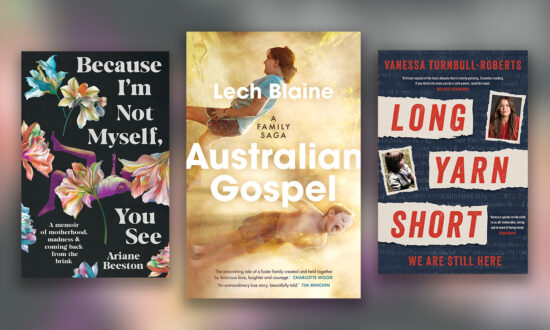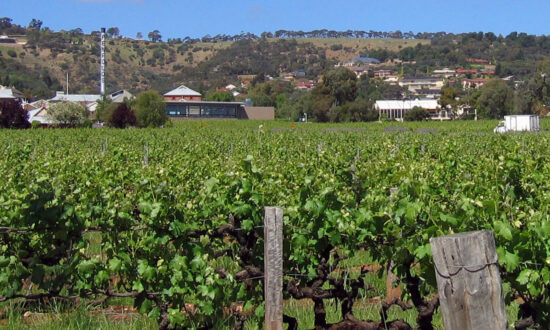The experience of reading award-winning First Nations writer Jeanine Leane’s new collection of poems, Gawimarra: Gathering, is transformative.
Born and raised on Wiradjuri Country at Gundagai, the Murrumbidgee River of Leane’s early life is the subject of many of the most memorable poems in the collection. It is also a metaphor for the bonds that gather her people to a place Leane describes as “the freshwater cradle of Australia”.
Leane, a credentialed author, teacher and academic, has meticulously crafted this collection of 54 poems into three equally powerful sections: Gathering, Nation and Returning.
Throughout, there is an ebb and flow of poems as meditative love letters to Country, as an arsenal of activism rising up against the violence and destruction of colonial settlement, and as a testament to black motherhood, sisterhood and womanhood.
There are all kinds of different gatherings in this book, starting with The Gatherers, where we find the Gunhinarrung and their lessons of lore and “to look for small things that matter” – the strong matriarchs Leane cherishes in her memories of childhood:
Gunhinnarrung learnt to gather — map country
with little feet as morning’s pink horizon bring heat
and light to long-water Murrumbidgee women gather
in the early air when dew drips from front and leaf
Again, in The Honey Gatherers, the Aunties wake Leane at dawn on her seventh birthday to “gather sugarbag honey from a grove of blossoming / yurana trees growing thick on the high summit / of a rocky hill”, but in poems like Secrets and Searching the poet is gathering secrets that are like “ghosts” in “forbidden places” such as locked cupboards – “Letters. Clothing. Jewellery. / Clippings. Pictures. / Hidden Stories …” as Leane learns to “know what big people can’t say.”
The final poem in the collection circles back poignantly to the gathering theme in a poem of resilience and hope inspired by Who’s Afraid of Colour? – an Aboriginal Women’s Art Exhibition at the National Gallery of Victoria in 2017 where “Country’s awash with the gatherings of Blak Women” and where … “We are still gatherers — still custodians. / This is the strength of us – Blak Women!”
Activist poems such as 2020 Vision, use the global pandemic as a way of correcting history:
… I was born on stolen land, my children born
on stolen land, there’s a pandemic in this country,
began in 1788, no vaccine in 2020 —only resistance
Other experimental poems such as White Trinity emblazon the words Blak Genocide in the cap of a Celtic cross, with “Capitalism, Colonialism” and “Christianity” within the arms and base.
The poet has stated that all Aboriginal writing is political, but her poems merge humour with irony and anger to communicate her particular experiences of a repressed history.

Get InReview in your inbox – free each Saturday. Local arts and culture – covered.
Thanks for signing up to the InReview newsletter.
There are poems in this collection about what it means to be an Indigenous woman and what it does not, including They Said I Could be a Feminist and in On International Women’s Day in which she explains: “My skin is Blak. Inside is my womanhood. / Do I peel my skin from my body / or wrench my body from my skin? / Either way, feminism will make me bleed.”
In among so many powerful poems, the showcasing of her Wiradjuri language struck me as beautiful and unifying as she explains the loss and relearning of it.
The beauty of nature and the poet’s fusion with Country are central to poems such as Entanglement and Sung by Birds.
There are strong environmental messages throughout poems about the old-growth trees and the Murrumbidgee places of spiritual gatherings to which Leane returns in the third and final part of the book, the poet warning us that the world is being destroyed by “small acts of forgetting” just as she is tenderly remembering the topography, the culture and the people at the heart of her Country.
Gawimarra: Gathering by Jeanine Leane, UQP $24.99, uqp.com.au
Dr Jane Frank is a Brisbane poet, editor and academic. Her most recent collection is Ghosts Struggle to Swim (Calanthe Press, 2023).
Support local arts journalism
Your support will help us continue the important work of InReview in publishing free professional journalism that celebrates, interrogates and amplifies arts and culture in South Australia.
Donate Here




